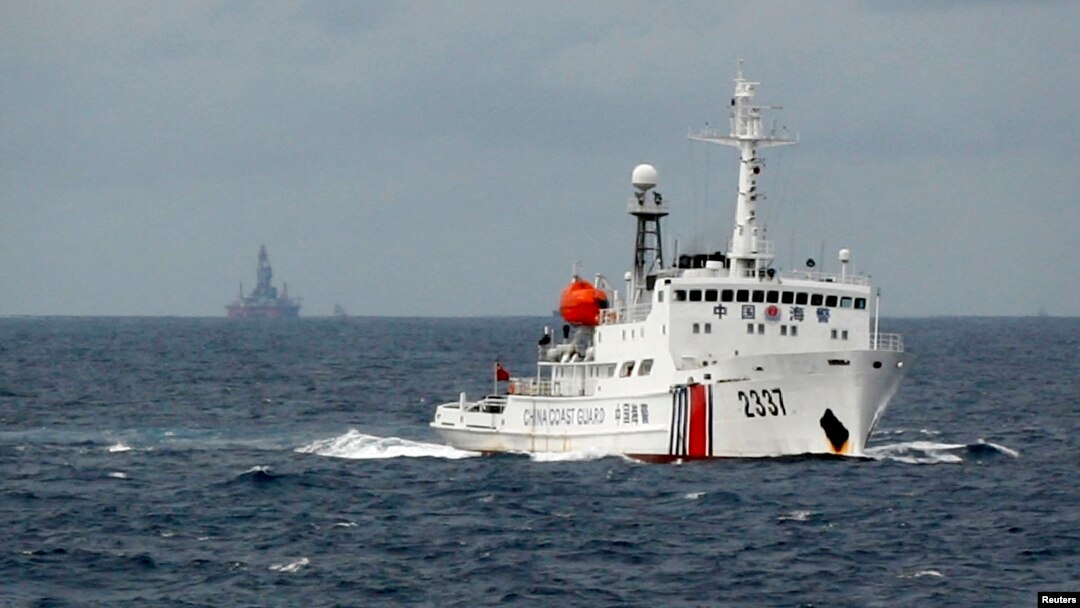As Vietnam mops up after anti-China riots last month with insurance payouts and tax refunds to affected businesses, there is still no solution in sight for the ongoing territorial face-off in the South China Sea.
Tensions sparked by the deployment of a Chinese oil rig in May in waters Vietnam also claims see no sign of abating. As the country juggles its options, however, it also is picking up the pieces following anti-China protests several weeks ago which sparked riots in industrial zones across the country.
The Vietnamese government has taken “resolute actions” to compensate businesses and the prime minister and deputy prime minister instructed local authorities to work with those affected, Foreign Ministry Spokesman Le Hai Binh said during a regular press briefing Thursday.
He said affected businesses have resumed normal operations.
Among the payouts, insurance companies in Dong Nai province handed out $1.87 million in compensation, including 30 from Taiwan, two from China and three from Vietnam, the Finance Ministry says on its website.
Earlier in the month Binh Duong province, one of the worst hit, handed out $5.5 million in insurance claims to 113 companies, 87 of which were Taiwanese.
Senior fellow at the Institute of Southeast Asian Studies in Singapore, Ha Hoang Hop, said the riots were deeply regrettable. But he said they happened “out of the hands of the Vietnamese government and the will of the Vietnamese people”.
"This is a very negative event but I do not think that that kind of riot and the consequences of that would affect negatively to any bilateral negotiation between Vietnam and China," Hop.

Protesters display placards while shouting slogans outside the Chinese Consulate in Manila against China's construction in a disputed are of the South China Sea, June 12, 2014.
Following the riots, Vietnam has clamped down on anti-China protests, which for a short while were tolerated across the country.
About 15 people gathered last week in central Hanoi with just enough time to unfurl a banner and shout some slogans before seven of them were dragged away by police.
A member of the Communist Youth Volunteers, 22-year-old Do Anh Vinh was helping security forces hold back protesters. He said he believes the protests were giving the country a bad reputation.
He said the government can protect Vietnam’s sovereignty.
While Vietnam restrains anti-China sentiment at home, tensions with China see no sign of abating. Last week, shortly after a visit to Hanoi by State Councilor Yang Jiechi, Beijing announced it was moving an additional four oil rigs to the South China Sea, one of which is now deployed on the boundaries of Vietnamese and Chinese territory.
Spokesman Binh said Vietnam was closely monitoring the position of the rigs.
Vietnamese leaders have said the government is considering legal action against China. Some experts say preparing a case, though, would take too long and would be too expensive.
ISEAS Fellow Hop disagrees.
"I do not think the preparation will take too long time more from now. I think that many things have been prepared," said Hop. "And actually the preparation should not be too costly. Also, in terms of both politics and legality, people do not have to wait until all of the things are complete to bring it to the international court."
In the meantime, both sides continue to blame the other for ramming their ships in the area.
On Thursday, Vietnam said Chinese ships have rammed 27 fisheries surveillance vessels more than 100 times, injuring 15 people. China says Vietnam rammed its vessels more than 1,000 times.


